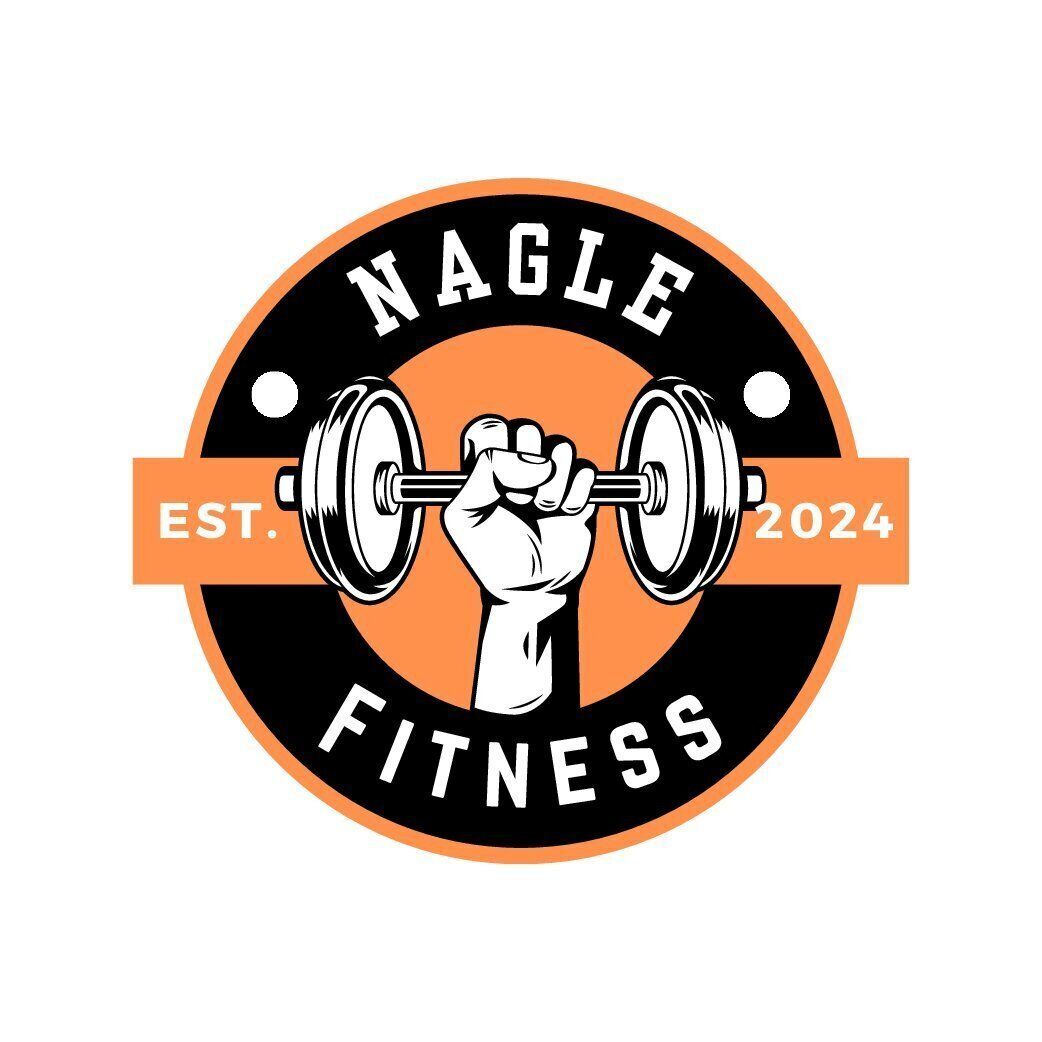
How To Track Your Food Without Becoming Obsessed.
Tracking your food is one of the best ways to get a deep look into what you are doing on the nutrition side of things. As you've heard "abs are made in the kitchen" and there is some truth to that. What we eat shapes a lot of how our body looks, feels, and functions.
You want to lose weight? Then you need to consume less than you are burning.
You want to feel better? The foods you eat play a major role in your energy, inflammation, and stress levels.
You want to tone up your legs? If you consume enough protein each day and control your calorie intake, you will be able to build muscle and burn some body fat to give your legs the look you are searching for.
Just about any goal can be achieved without tracking food, BUT that is not to say that tracking isn't one of the more effective ways to streamline your success. Being able to get an objective view of what and how much you are eating can be the key to your success over time.
For some, food tracking can be an over-obsession. Seeing all the numbers laid out with the feedback from an app telling you something you ate was too high in sodium or contained high levels of fat making you feel a certain way. There's no person telling you that foods are neither good nor bad, or that high levels of fat are not necessarily a negative thing. When these pieces of feedback keep coming in, you start to feel controlled by every piece of food that enters your body. Sometimes unconsciously avoiding things your body may need.
Once we take away the positive benefits food tracking can have, things take a turn that cause your relationships with food to be altered. Food tracking is meant to be a peak inside the foods you are eating, not a scare tactic to feel shameful when certain things are consumed.
So let's look at the 4 ways you can still track your food without becoming obsessed with It.
